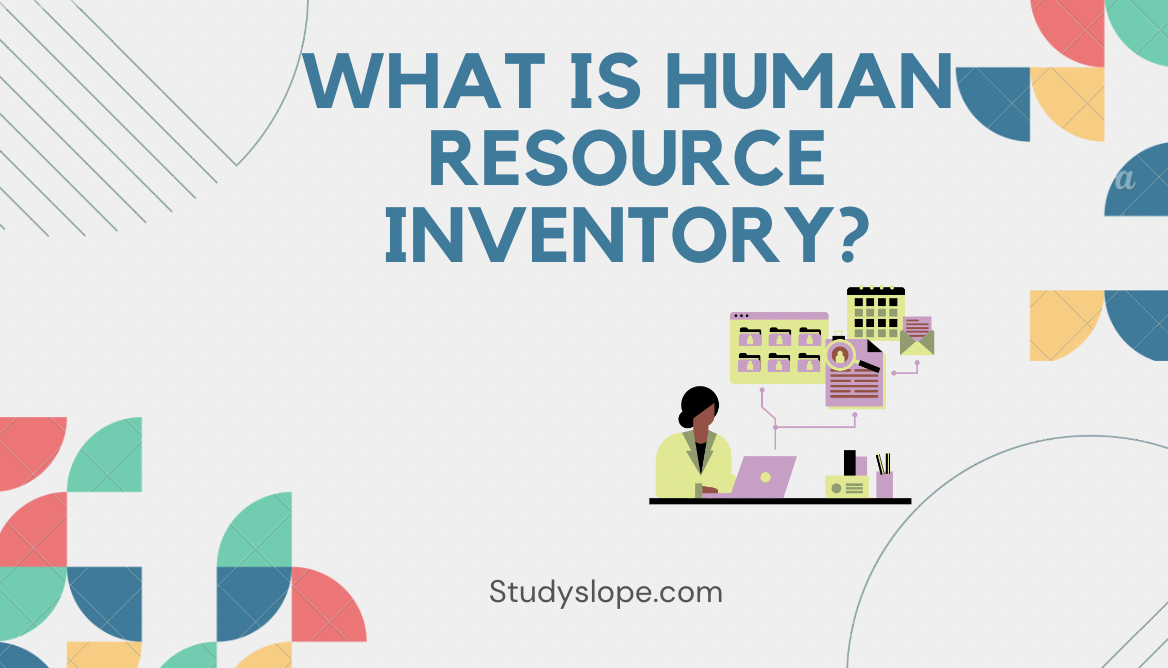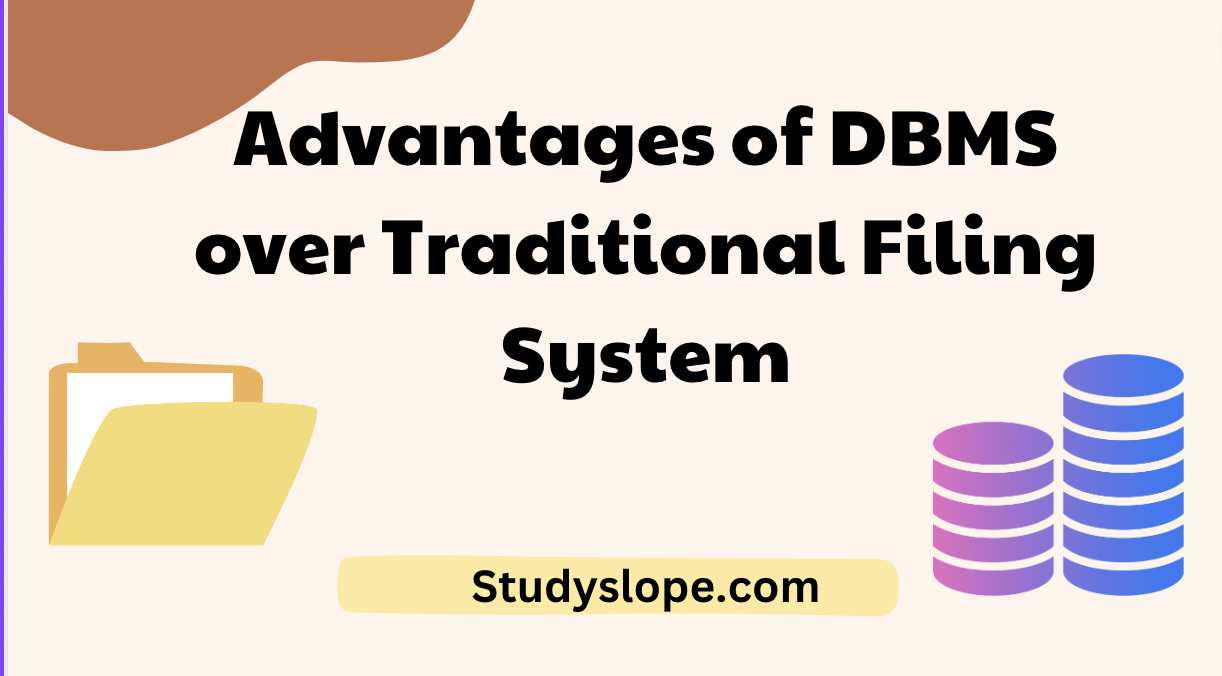Objectives of Sales Promotion
What are the Objectives of Sales Promotion? Sales Promotion acts as a bridge between traditional advertising and one-on-one interactions with customers. There is a possibility that the objectives of each approach of sales promotion will differ from one another. Nonetheless, the common goals of sales promotion include the release of a new product, the attraction of potential … Read more









